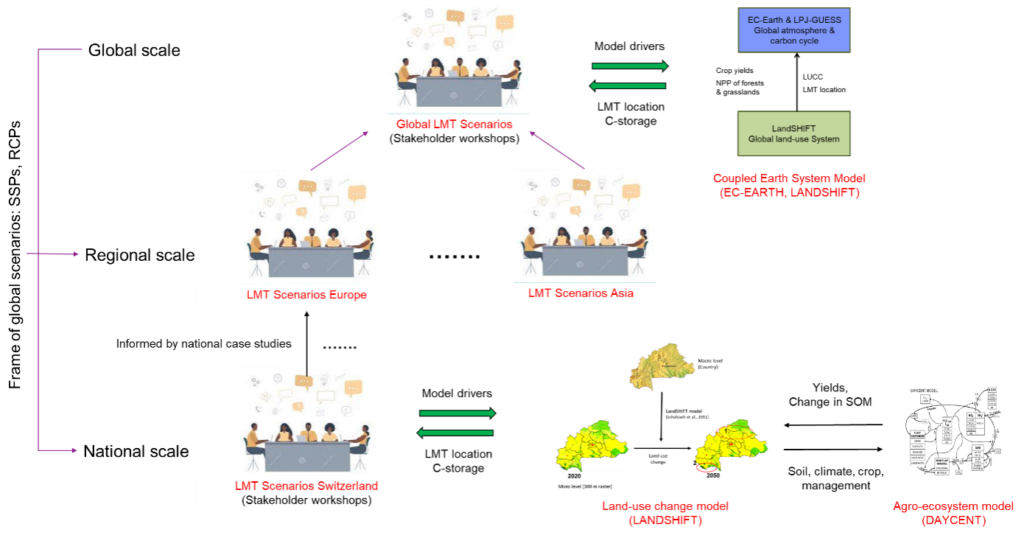Several years after the signing of the Paris Agreement, oil and gas production continues at a fast pace despite a near global recognition of the ongoing energy transition away from fossil fuels (IEA, 2021a, 2021b). The increasing demand for oil and gas caused by the post-pandemic lockdown economic recovery threatens the momentum gained by the energy transition.
Climate action
Arctic communities must negotiate locally, regionally and with external actors on how to make the best use of the human and natural resources in the region. This is against the backdrop of increased globalization, climate change, high demand for the region’s mineral resources, and increasing local demand for improved living conditions and sustainable livelihoods.
Tämän tutkimuksen tarkoituksena on tarkastella, miten Suomen ilmastopolitiikassa pyritään jakamaan kustannuksia eri ryhmien välillä ja mihin periaatteisiin tämä jako perustuu. Vihreä siirtymä aiheuttaa valtavia yhteiskunnallisia kustannuksia. Näiden kustannusten oikeudenmukainen jako on akateemisesti ja yhteiskunnallisesti yhä merkittävämpi keskustelunaihe.
Este artículo aspira a ser una revisión crítica de las políticas árticas de la UE, particularmente de la más reciente Comunicación de la Unión Europea para el Ártico, de 13 de octubre de 2021, desde una perspectiva geopolítica e histórica.
A fair and equitable low carbon future depends on a just transition which, in turn, requires leadership. Where the Arctic is concerned, this leadership is currently lacking. To gauge which states are most likely to provide leadership in the global energy transition, a quantitative rank-percentile assessment of 21 Arctic Council members and Observer states was conducted, using measures relevant to the just transition.
Both policymakers and the technology industry need to do more to combat the ever-growing demand for data and its associated energy impacts. In this study, based on novel corporate data, expert interviews, focus groups with members of the public, extensive site visits across Greenland, Iceland and Norway and a literature review, we look at the energy and climate impacts of existing and proposed datacenters, both quantitatively and in terms of stakeholder and public perceptions.
The latest IPCC report on Ocean and Cryosphere in a Changing Climate, which builds upon previous IPCC’s reports, established a causal link between anthropogenic impacts and ocean acidification, by noting a significant decrease in the Ocean’s uptake of CO2, with consequent damage to Earth’s ecosystems, which in turn has traceable repercussions on the Arctic Ocean and then from the Arctic to the Planet Earth.
In July 2020, the European External Action Service of the European Commission launched a public consultation on the way forward for the European Union’s Arctic policy. The consultation was held to re-examine the role of the EU in Arctic affairs, to revise the priorities of the current Joint Communication on an integrated European Union policy for the Arctic and the actions thereunder, and to identify possible new policy areas to be developed.
At LANDMARC, we are developing methods and instruments that non-researchers can use to reliably estimate how different land-use practices contribute to climate change mitigation. In our view, this can only be done by bringing in local knowledge at every stage of the research process. Here’s why.
Rather than trying to plant as many trees as possible, research coming out of the LANDMARC project suggests that it might be better to focus on planting fewer trees and managing them well, in a way that’s good for the underlying soil.

